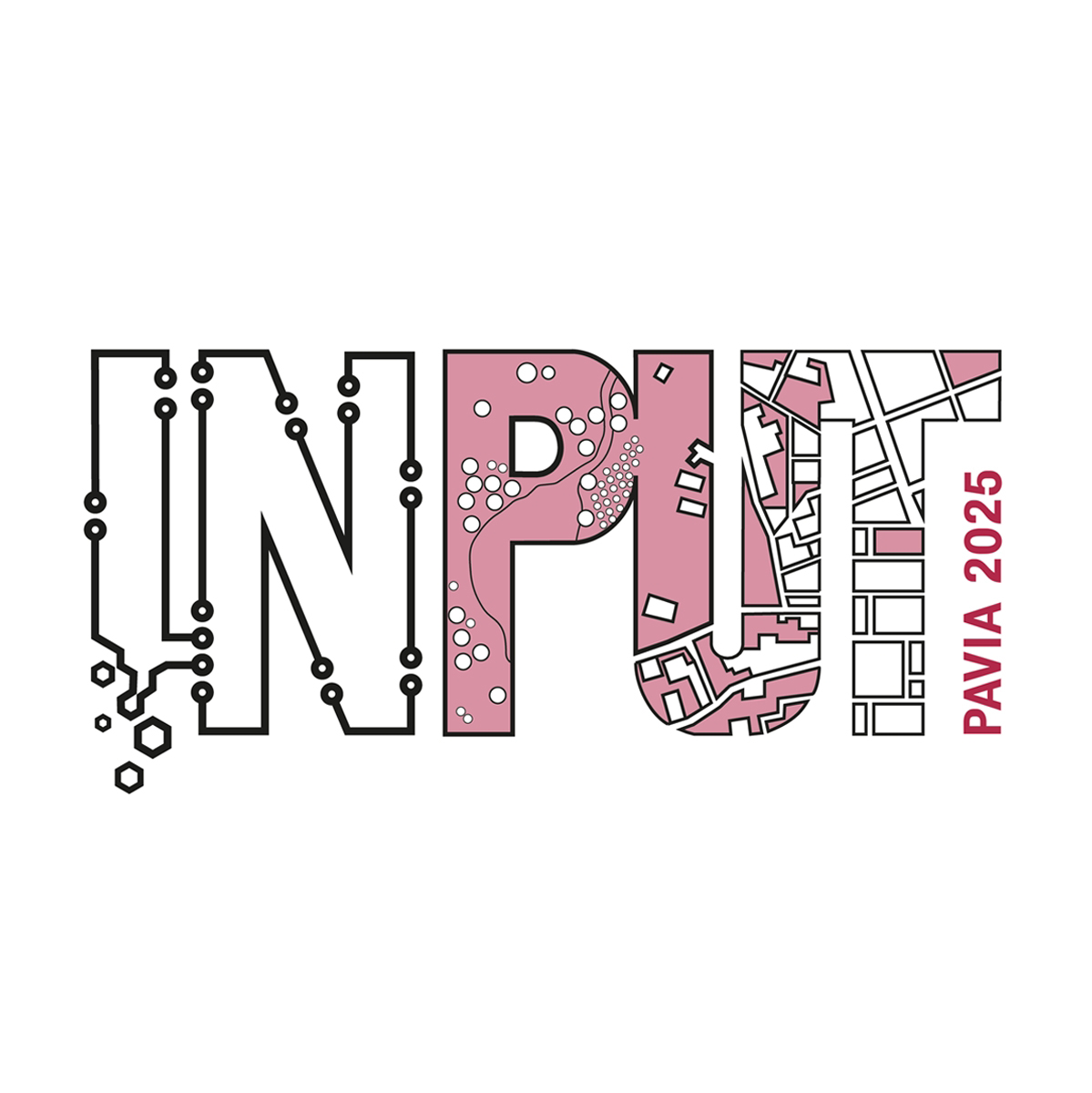Impact Assessment of Nature Based Solutions in Cities: Theoretical, Methodological and Practical Perspectives
Stanganelli Marialuce (University of Naples), Torrieri Francesca (Polytechnic of Milan), La Rosa Daniele (University of Catania), and Grimaldi Michele (University of Salerno)
It is widely recognized that solutions based on the functioning of natural ecosystems represent an innovative and sustainable approach to addressing many of the environmental, social, and economic challenges faced by contemporary cities. However, the actual validity and effectiveness of these solutions remain poorly defined and unclear in all their implications, particularly regarding social and economic challenges. Methodological references for evaluating and estimating the economic costs and benefits, as well as identifying and assessing impacts—including potential negative externalities—are still lacking. The evaluation of the impact (both positive and negative) is closely tied to the specific location and the social, cultural, and economic context in which the green solutions are developed. Therefore, it is particularly important to design spatial and flexible methodological approaches that can be easily customized to be effective in different contexts.
This Session will explore theoretical frameworks, methodologies, and practical applications associated with the impact assessment of nature-based solutions (NbS) in cities, emphasizing a multidimensional perspective that considers both positive and negative impacts. The Session welcomes contributions that cover a wide range of topics, including the development of robust metrics for assessing ecological outcomes, social benefits, and economic impacts linked to NbS. A significant focus will be placed on case studies exemplifying either successful or unsuccessful implementations of NbS across various urban settings. These examples will illustrate how NbS can contribute to urban regeneration while addressing critical issues such as urban flooding, urban heat island, biodiversity loss, and spatial equity, as well as identifying examples in which costs related to NbS implementation may overcome their potential benefits. Furthermore, discussions could highlight the importance of stakeholder engagement throughout the evaluation process, ensuring that local knowledge and perspectives inform project assessments. By facilitating dialogue among practitioners, researchers, and policymakers, this session aims to enhance understanding of how effective impact evaluation can inform the design and implementation of NbS, especially when used in regeneration projects. Participants will ultimately leave with actionable insights and a deeper appreciation for the role of NbS in fostering sustainable and resilient urban environments. This comprehensive approach not only seeks to improve project outcomes but also aims to establish a shared understanding of the multifaceted impacts of NbS in contemporary cities.
Keywords: Nature-Based Solutions, impacts, valuation, urban regeneration, indicators
